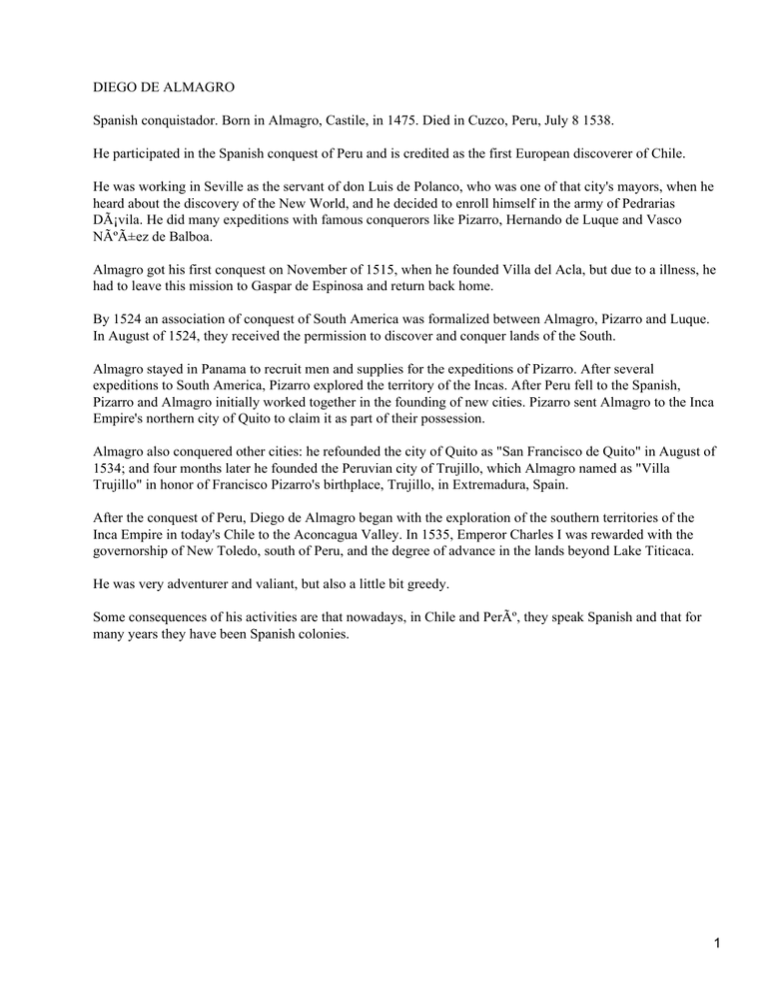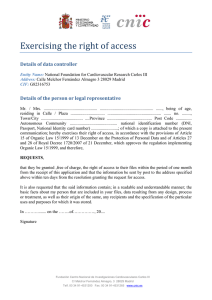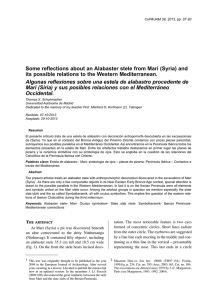Diego de Almagro
Anuncio

DIEGO DE ALMAGRO Spanish conquistador. Born in Almagro, Castile, in 1475. Died in Cuzco, Peru, July 8 1538. He participated in the Spanish conquest of Peru and is credited as the first European discoverer of Chile. He was working in Seville as the servant of don Luis de Polanco, who was one of that city's mayors, when he heard about the discovery of the New World, and he decided to enroll himself in the army of Pedrarias Dávila. He did many expeditions with famous conquerors like Pizarro, Hernando de Luque and Vasco Núñez de Balboa. Almagro got his first conquest on November of 1515, when he founded Villa del Acla, but due to a illness, he had to leave this mission to Gaspar de Espinosa and return back home. By 1524 an association of conquest of South America was formalized between Almagro, Pizarro and Luque. In August of 1524, they received the permission to discover and conquer lands of the South. Almagro stayed in Panama to recruit men and supplies for the expeditions of Pizarro. After several expeditions to South America, Pizarro explored the territory of the Incas. After Peru fell to the Spanish, Pizarro and Almagro initially worked together in the founding of new cities. Pizarro sent Almagro to the Inca Empire's northern city of Quito to claim it as part of their possession. Almagro also conquered other cities: he refounded the city of Quito as "San Francisco de Quito" in August of 1534; and four months later he founded the Peruvian city of Trujillo, which Almagro named as "Villa Trujillo" in honor of Francisco Pizarro's birthplace, Trujillo, in Extremadura, Spain. After the conquest of Peru, Diego de Almagro began with the exploration of the southern territories of the Inca Empire in today's Chile to the Aconcagua Valley. In 1535, Emperor Charles I was rewarded with the governorship of New Toledo, south of Peru, and the degree of advance in the lands beyond Lake Titicaca. He was very adventurer and valiant, but also a little bit greedy. Some consequences of his activities are that nowadays, in Chile and Perú, they speak Spanish and that for many years they have been Spanish colonies. 1


